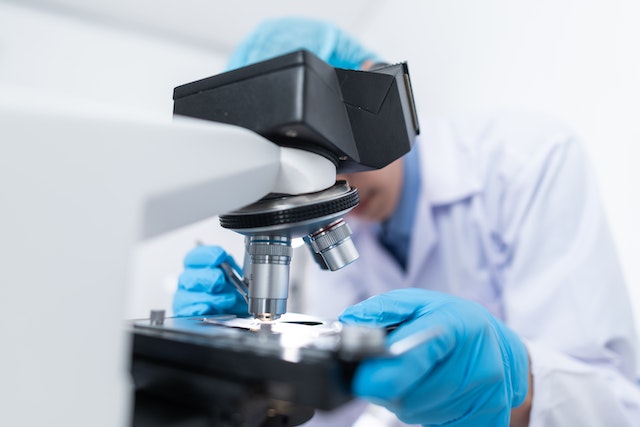 Since 1999, Joe Panetta has been President & CEO and a board member of Biocom California, the state’s advocate for the life sciences industry. Biocom California works on behalf of over 1,700 members to drive public policy, build an enviable network of industry leaders, create access to capital development, introduce cutting-edge STEM education programs, and create robust value-driven purchasing programs.
Since 1999, Joe Panetta has been President & CEO and a board member of Biocom California, the state’s advocate for the life sciences industry. Biocom California works on behalf of over 1,700 members to drive public policy, build an enviable network of industry leaders, create access to capital development, introduce cutting-edge STEM education programs, and create robust value-driven purchasing programs.

Herb Sarnoff is an experienced early-stage CEO, entrepreneur, and operations professional with over 35 years developing products, managing people, building relationships, and growing companies. In 2017, Mr. Sarnoff launched and is actively leading a drug discovery startup, iNFixion BioScience, focused exclusively on developing treatments for a rare genetic disorder called Neurofibromatosis Type 1 (NF1). NF1 impacts about 1 in 3,000 people worldwide, including one of Mr. Sarnoff’s two adult children.
A threat to biotech startups
Promising, life-saving medical research is at risk and thousands of jobs are at risk. Small U.S. biotech companies face financial hardship and possible bankruptcy. All of this is due to an ill-conceived 2017 tax law change that is proving catastrophic to America’s small cutting-edge research companies.
Congress must act quickly to reverse this existential threat to life-saving research and development.
iNFixion Bioscience is a small startup with four employees, dedicated to developing treatments for a rare disease called neurofibromatosis (NF1). NF1 impacts one in 3,000 Americans, causing nervous system tumors and pain, bone issues such as scoliosis, and cognitive, learning and social deficits. Unfortunately, iNFixion’s very existence is now threatened by Section 174 of the 2017 Tax Cuts and Jobs Act (TCJA).
The general public probably isn’t familiar with Section 174 of the TCJA and its impact on small businesses. It wasn’t realized just how devastating it would be until companies started working on their 2022 taxes, the first year Section 174 change took effect.
The new TCJA Section 174 tax law provision now requires all research and development (R&D) expenses to be amortized over a five-year period, as opposed to the IRS tax code that, for decades, had allowed companies to deduct the entirety of R&D expenses in the year incurred. Unfortunately, this single tax-code change is having a colossal tax impact, especially for early-stage companies fueling innovation with significant R&D spending.
The simple explanation? Instead of being able to deduct 100% of NIH, DoD or other grant funding, allowing companies to put the entire amount towards research, small companies like iNFixion can now deduct only 20% of a grant per year. The other 80% of these grants are now treated as taxable “income,” thus creating an often-irreconcilable tax liability for these small R&D companies.
As a result of the IRS Section 174 tax law change, iNFixion’s 2022 tax liability will increase from zero to tens of thousands of dollars, with no funds available to pay taxes. iNFixion has invested heavily into promising neurofibromatosis research yet now faces the untenable reality of potentially laying off employees, abandoning its NF1 research and, by extension, abandoning patients. Sadly, iNFixion is just one of thousands of American R&D companies in biotech, defense and beyond that are facing a similar tax dilemma.
Protect the future of R&D
There is bipartisan, bicameral support to reverse this poorly-constructed 2017 tax provision, yet this legislation (H.R. 2673 and S. 866) is caught up in Washington, D.C.’s political deadlock. Please tell Congress to not let politics keep them from swiftly addressing this existential threat to small R&D companies across America.
Congress must pass retroactive legislation before many cutting-edge research companies across the U.S. are forced to close, resulting in the loss of promising research and hope for patients suffering from cancer, diabetes, Alzheimer’s, pediatric disorders and other devastating and rare illnesses.




